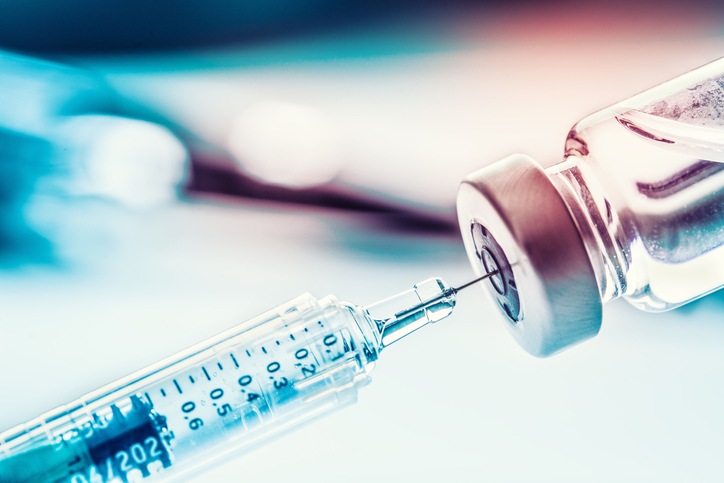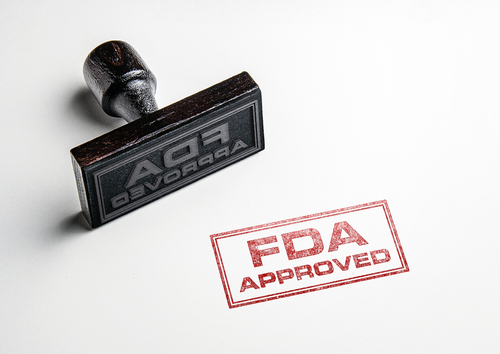
A new systematic review compared biosimilar rituximab to the originator drug in patients with rheumatoid arthritis (RA) and non-Hodgkin’s lymphoma (NHL).
“Rituximab is a biologic medicine widely used for the treatment of autoimmune diseases and lymphoma. Several biosimilars of rituximab have been developed and marketed with the expiration of the originator rituximab’s patent; thus, systematic combination and analysis of the latest data on the efficacy and safety of biosimilars and the demonstration of the interchangeability of biosimilar agents are required,” wrote the study authors. Their research was published in BioDrugs.
The researchers queried the PubMed, EMBASE, Cochrane Library, and Google Scholar databases for head-to-head randomized controlled trials directly comparing rituximab originator and biosimilar. Efficacy outcomes in both RA and NHL were measured by the response rate, which was determined for RA using American College of Rheumatology (ACR) response rates. Safety was measured by adverse events (AEs) occurrences and anti-drug antibodies (ADAs). Pharmacokinetic profile data were considered a secondary outcome.
Final analysis included 11 trials encompassing 3,163 patients: 1,744 with RA and 1,419 with NHL. In both cohorts, rituximab biosimilars presented similar efficacy in clinical responses. At week 24, the pooled risk ratio (RR) of the ACR 20% response rate (ACR20) response was 0.99 (P = 0.70, 95% confidence interval [CI] 0.92–1.06); at week 48, the pooled RR of the ACR20 response was 1.04 (P = 0.73, 95% CI 0.83–1.31). Among NHL patients, the 24-week pooled RR of the overall response rate was 1.02 (P = 0.31, 95% CI 0.98–1.07). Pooled RRs did not significantly differ in the formation of ADAs (0.86, P = 0.20, 95% CI 0.68–1.08) or AEs (1.04, P = 0.30, 95% CI 0.97–1.12).
The Food and Drug Administration (FDA) approved the first rituximab biosimilar to treat NHL in the U.S. in November 2018—Celltrion’s Truxima (rituximab-abbs), whose originator was Rituxan (rituximab), manufactured by Genentech and approved by the FDA in 1997. The second biosimilar, Ruxience (rituximab-pvvr), is produced by Pfizer and was approved in July.







 © 2025 Mashup Media, LLC, a Formedics Property. All Rights Reserved.
© 2025 Mashup Media, LLC, a Formedics Property. All Rights Reserved.